What do you need to go off grid NOW? Do you think you’re ready? Here are 12 things you need that will ensure your transition to off grid living goes as smooth as possible.
12 Things you Need to Go Off Grid Now
1. Money
Where are you going to go without money?
Unless you’re planning on bugging out to the wilderness in Alaska or some other wild frontier with just the clothes on your back and a way to hunt for game and live off the land, you’re going to need money. Simply put, there are things you need to buy to live off the grid, especially if you’re going to bring your family.
The fact is, to do anything nowadays you need money, and usually lots of it. Otherwise, you’re stuck in the poorhouse, renting, living paycheck to paycheck, and barely making ends meet. To do anything significant usually takes money.
Money will help you secure most of the rest of the things on this list.
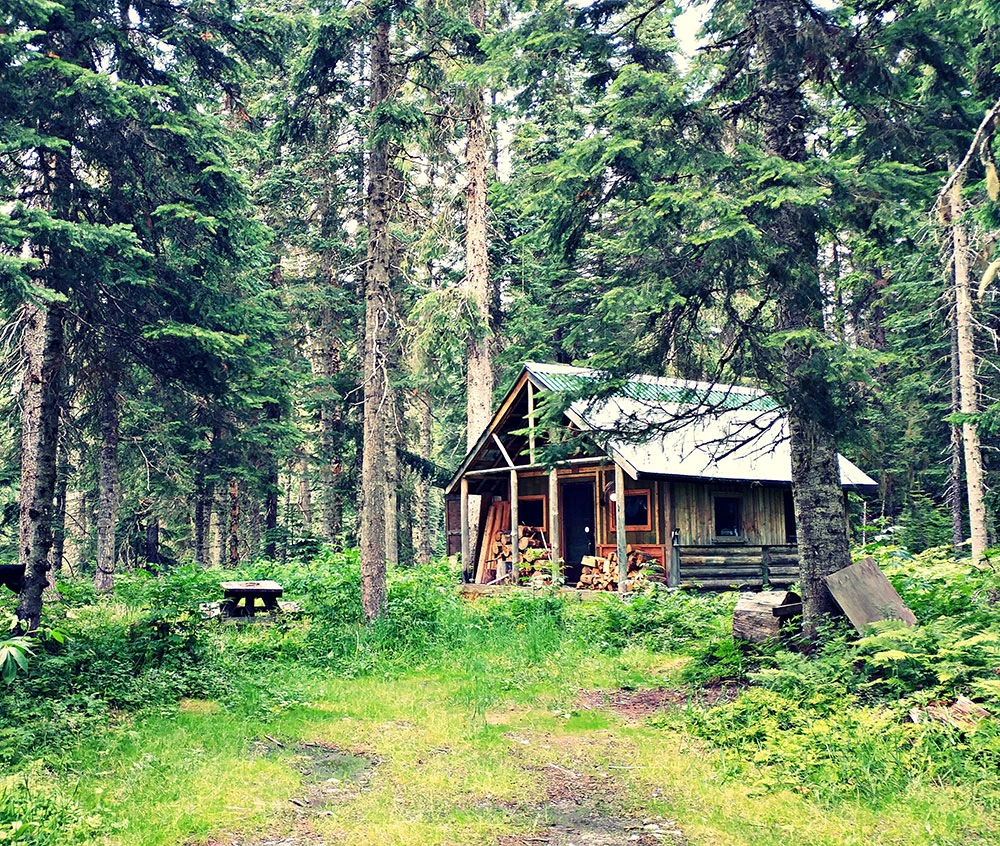
Shutterstock/Jesse Seniunas
2. Land
First and foremost, you’ll need a place to go. A place that has WATER! (more on this below)
A place to go seems obvious at first glance, and people know this of course. But it’s not that easy. Finding the “right” off grid property is tough. When picking the ideal location to live off grid there are certain things one must take into account.
Consider first the fact you will be OFF GRID. Meaning you will be producing your own power, most likely from wind and solar.
So, when choosing the perfect location, you have to find a place that has good sun, moderate wind, and is close enough to other resources to make living off the grid safe, comfortable, and manageable for your family and yourself.
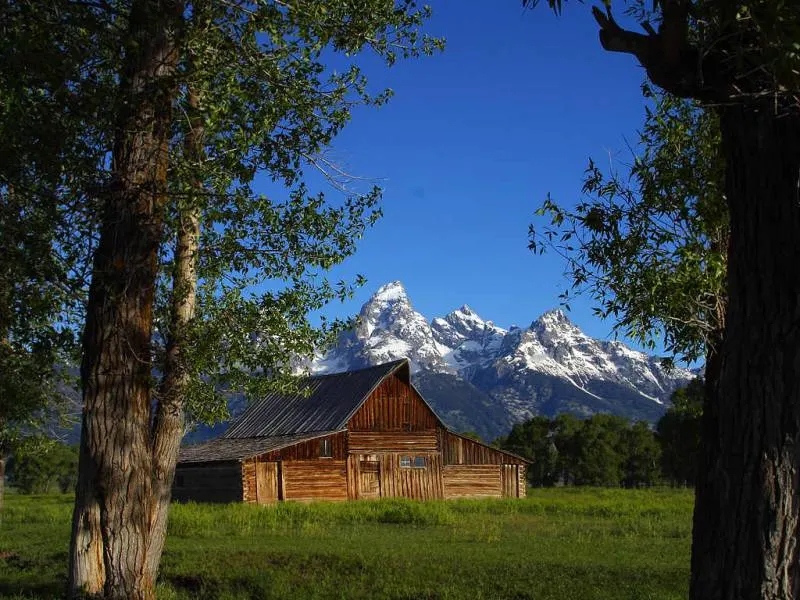
Jon Sullivan, Public domain, via Wikimedia Commons
If you have children, you must consider your land’s location in relationship to schools, hospitals, shopping, and entertainment. If you’re married, you must consider your spouse’s family as well as yours. Most places that are suitable for off grid living are far away from cities proper, and likely far away from the in-laws (which could be a plus. Don’t tell your spouse I said that).
Important things to consider when shopping for the perfect off grid location are deeded access and mineral and water rights.
Who owns the mineral/water rights?
Are they included in the purchase price?
Can an agreement be made with the owner of mineral/water rights to purchase those as well if they are not included in the deed?
Do your homework NOW, and make sure you get those rights, because later they will be worth their weight in gold.
(NOTE: When purchasing land, MOVE ON to another property if you cannot get mineral/water rights included in the deed/purchase, or if it becomes too complicated. There are plenty of other properties out there that do include these rights.)
Finally, consider zoning and county/city ordinances. The land you purchase must be open to alternative building methods such as strawbale, earthbag, cob, adobe, log, modular, manufactured, etc. Permitting, building codes, covenants, restrictions, and many other legal hurdles are out there. Just spend some time looking this information up in the area you are searching for property.
It’s tough to find a place that has everything you need, but doing your homework NOW before you buy your property will save you time, money, and unnecessary hassle in the future.
Typically, the rule of thumb is that the further outside any city proper your land is located, the less you will have to worry with strict building/zoning issues for your off grid homestead.
3. Shelter
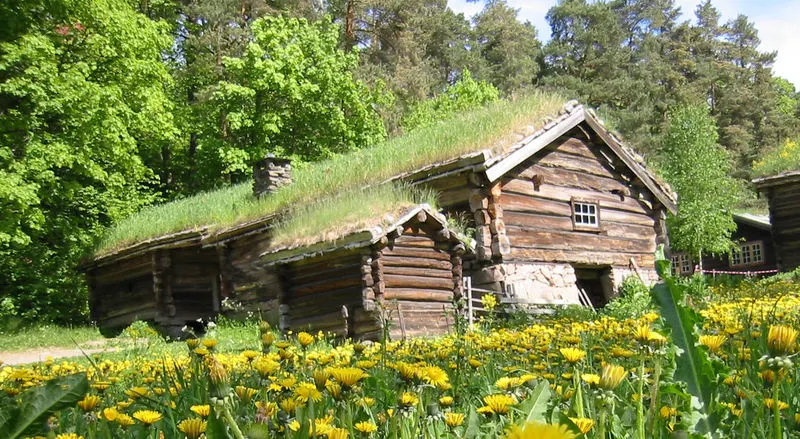
Kjetil Bjørnsrud, CC BY-SA 3.0 , via Wikimedia Commons
While we’re talking about building, you’ll need shelter. A safe, comfortable, energy-efficient place to get in out of the weather will be essential. Hopefully, it will also be inexpensive.
Basic log cabins/homes seem to be the least expensive and most attractive to most people. RVs, converted buses, earthbag, cob, strawbale, and earthship technology is also available. Yurts, tipis, and other ‘tents’ can be purchased or constructed relatively cheaply and will provide temporary shelter while you build your off grid cabin or earthship.
Recycled shipping containers also make for great temporary or permanent shelters when modified and improved.
4. Water
If at all possible, buy land with WATER! I can’t stress this enough.
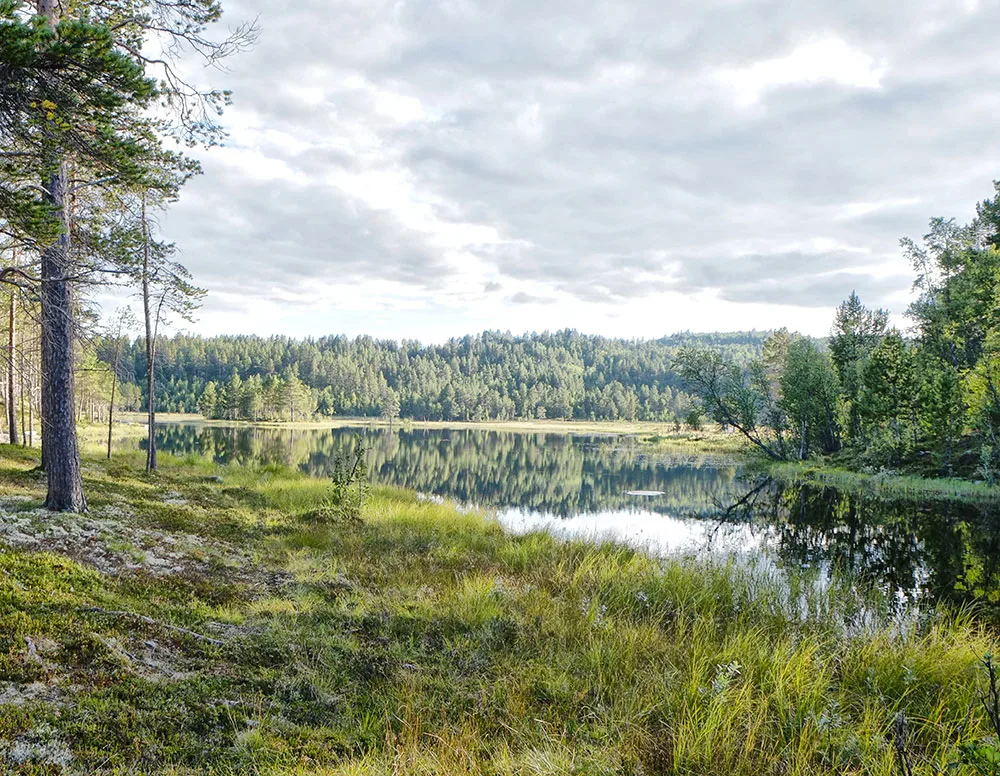
Shutterstock/Dignity 100
Unless you’re planning on hauling your water, purchase property with an existing water source. That source could be a well that’s already drilled, natural springs, a river or creek, a stream, a pond or a lake. You can pay to have a well drilled, but wells aren’t always viable in all places, and the cost might be astronomical if it has to be very deep.
You absolutely need water. Unless, of course, you have a way to extract it from the air. Human beings can live for weeks without food, but, without water, we die in a matter of days.
5. Food
While setting up your off grid homestead you will need to eat. Most people I know who want to live off grid plan on growing and foraging the majority of their own food. It takes time to grow food, and the fastest crops will grow in a few weeks to a month, so you’ll need to buy some staples to get you through until your first garden harvest.
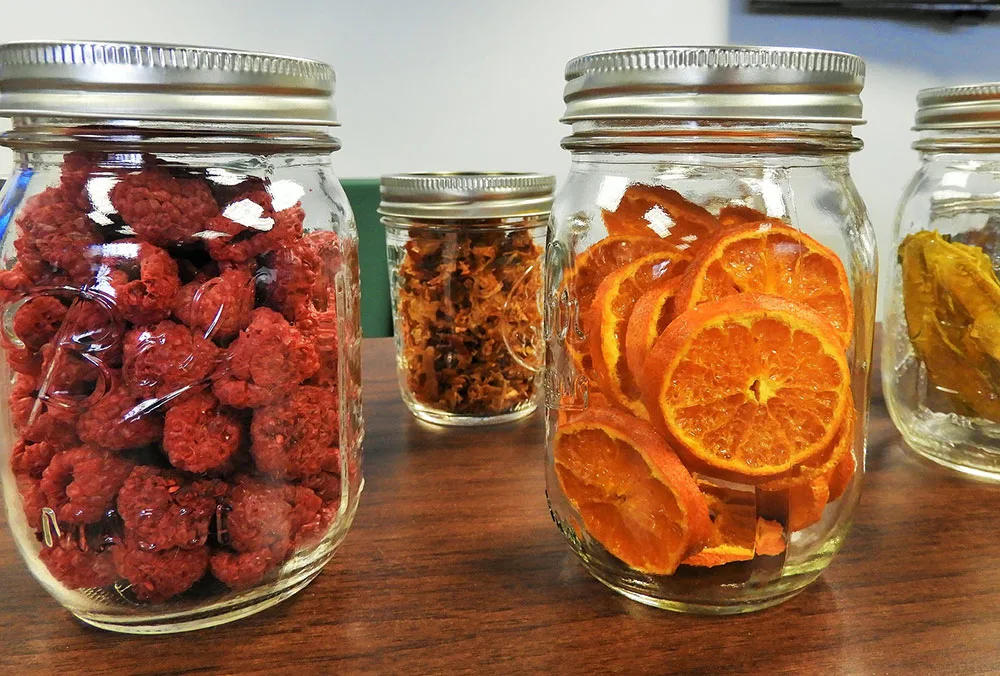
Dry goods like rice, beans, oats, etc. are a good starting point, and generally good to keep on hand. Preserved home-canned foods like veggies, jams, jellies, dried fruits, and smoked meats will last a while. These foods will provide enough to eat on for the first months on your new homestead, as well as keeping on hand for emergency situations.
6. Livestock
Livestock, such as chickens, pigs, and cows, are good food sources. The meat provides protein and doesn’t need to be harvested until you’re ready to eat. You can’t get much fresher than that. The only issue is preserving the meat that is leftover, which will require energy if you are going to freeze it.
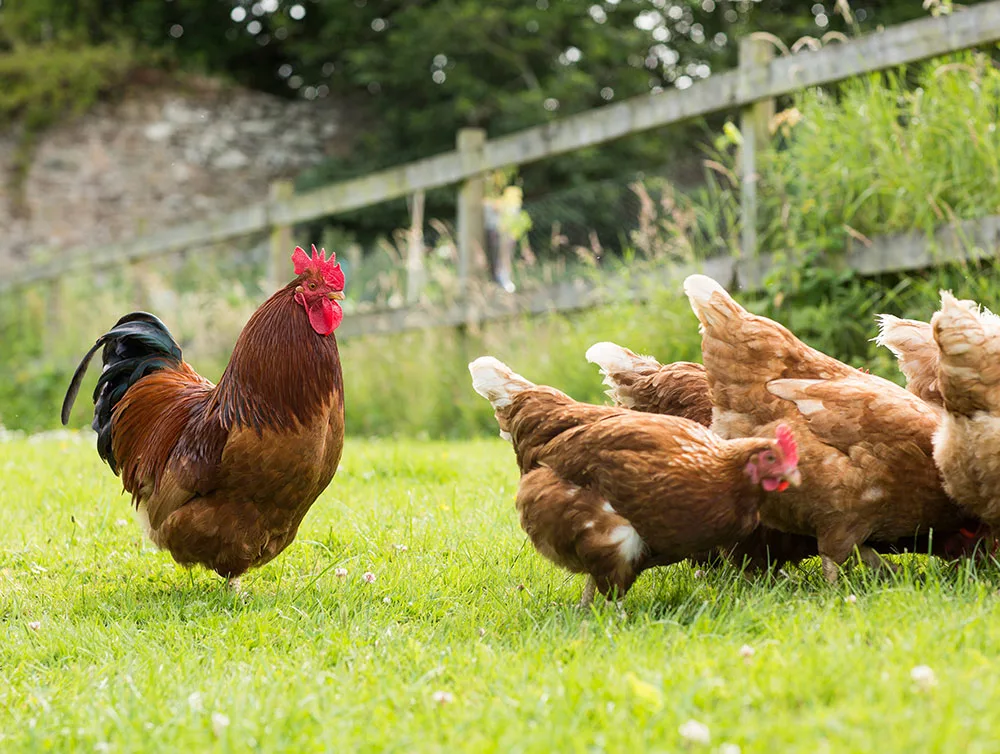
Shutterstock/wavebreakmedia
Here are some ideas for livestock to keep on your homestead:
- Chickens
- Turkeys
- Ducks
- Geese
- Pheasant
- Cows
- Pigs
- Rabbits
- Fish (aquaponics)
Obviously, you don’t need all of these to get yourself started off grid. Starting with chickens is a good idea since they are hardy, a good source of food in the form of eggs and meat, and are relatively inexpensive to keep and feed.
7. Energy
You will most likely power your off grid home with solar and/or wind power. The average American family uses about 11,280 kWh of energy per year according to the U.S. Energy Information Administration.
If you’re living off grid, hopefully you won’t be using much energy, but frankly, it probably doesn’t matter because you’ll be producing your own CLEAN solar and wind power anyway.
A 1000 Watt solar system with a 500-1000 Watt wind power system can be purchased for about $5000 or so. This seems expensive, but it will last you at least 5 years, probably 10 years, and that cost spread out over 10 years is insignificant when divided by 120 months. There are also tax credits the government will provide you for going solar, which helps offset the cost.
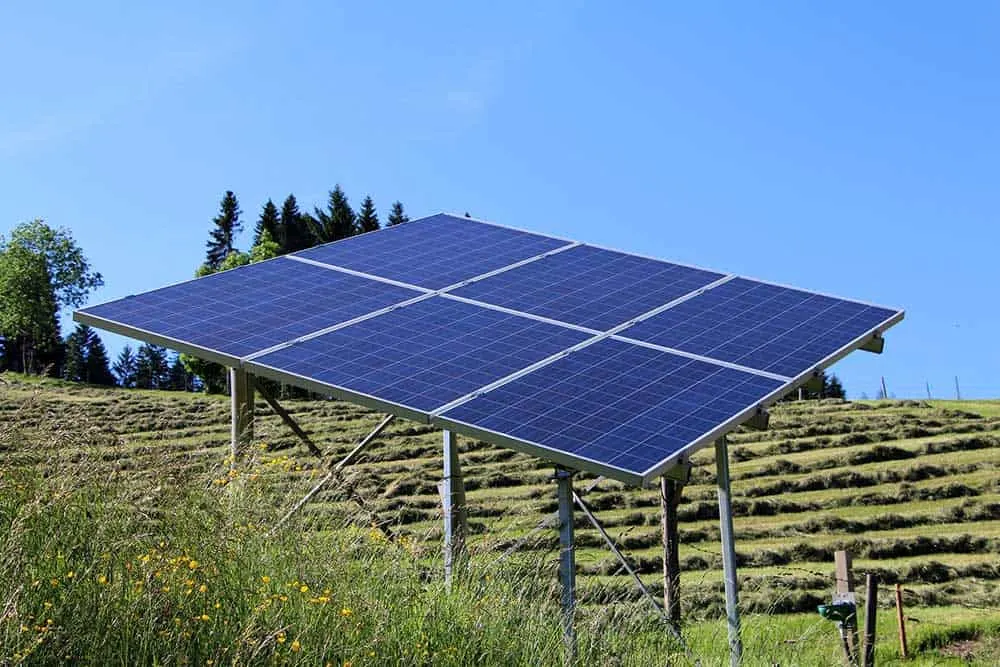
You will need enough energy to power your lights and appliances. A typical freezer unit will use approximately 500-800 watts of electricity. Microwaves can range from 500-1500 watts. Your 42″ LCD TV will use approximately 175 watts of power.
Your Laptop computer uses between 25-150 watts, depending on your screen and how many programs/windows are open. Desktop computers can use 250-1000 watts each, depending on what type of monitor and power supply unit is powering your computer.
Lights, refrigerators, DVD player, cell phones/chargers, electric and battery powered tools all use energy. So you must produce it.
8. Septic system
Not many people think right away about the technicalities of waste disposal when living off grid, but it’s something that needs to be done. Some people will opt for a composting toilet system. However, this might not be legal in your neck of the woods depending on zoning/ordinance restrictions and code enforcement in the county your property is located.
Let’s just say you will most probably have to have, at the very least, a large portable RV type septic system which can be emptied on a monthly or quarterly basis. It’s is an extra cost, but probably still be cheaper than building a septic system from scratch, which can run upwards of $10k-25k including permitting, perc testing, and hiring the licensed contractors to do it for you.
If you are the type to build your own septic system, you might consult with your county planning/zoning office, and ask if they allow owner/builder variances when installing your septic system.
9. Seeds and cuttings
To grow your food, you must have the seeds to start your garden. These are relatively inexpensive, and $100 worth of good heirloom seed packs should easily be good enough to start a very nice sized garden with lots of varieties. You may also be able to get seeds for free from friends and family members.

Again, the harvest time for certain crops will be a minimum of 30 days out to 60-90 days. Some crops have longer, some shorter growth periods. But figure 3 months.
If you’re growing in a greenhouse, it’s possible to grow year-round.
10. Materials
This is the nuts and bolts, screws and lumber, metal, hoses, wire, cable, fencing, tape, rope, and other supplies you will need to build and complete repairs around your off grid homestead. Materials can be gathered over time as you complete DIY projects around the property, but you should start with the basics and be prepared to handle minor repairs.
11. Tools and equipment
If you’re building your off grid cabin on-site from materials available on your land, you will need many different tools and pieces of equipment. For example, if you’re lucky enough to own land with timber, you can save a lot of money by purchasing a small portable sawmill, or by making one yourself.
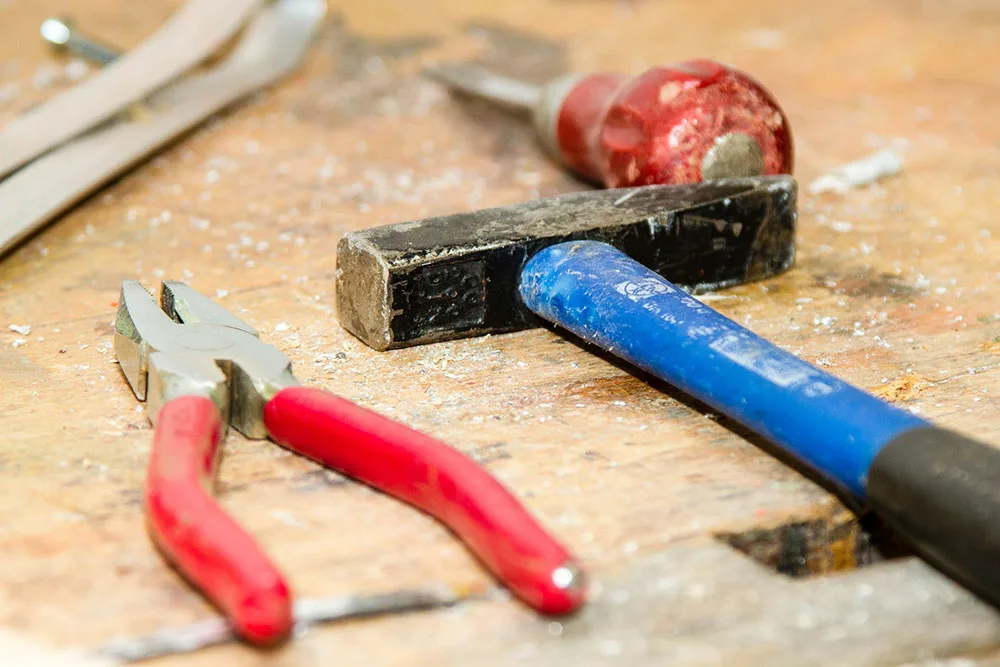
You will, of course, also need some miscellaneous hand and power tools. Useful items will be things like a hammer, wrenches, screwdrivers, drill and drill bits, a circular saw, hacksaw, lawnmower/tractor, plow or tiller, welder, cutting torch, grinder, saw horses, wheelbarrow, rake, shovel, hoe, machete, misc. knives, a post hole digger, and voltmeter, just to name a handful.
12. Commitment
Yes, it takes money, time, planning, and preparation, but most of all, it takes commitment.
A serious commitment to living your life off the grid, unplugged from the burdens (and luxuries) of our system. You must be willing to stick to it. To do it. And to make sure you have everything you need before you take that step. Then, once you take that step, you can’t get tired and quit. You can’t pack your things and go home. It’s not a vacation. It’s a lifestyle change.
Don’t get me wrong, I’m not trying to discourage anyone from going off grid. In fact, I wish 50% of our population would go off grid now. The money and energy and environment that would be saved if half our population decided to live off grid would be phenomenal.
I simply want you to think about what you really need to go off grid, and ask yourself if you could do it.
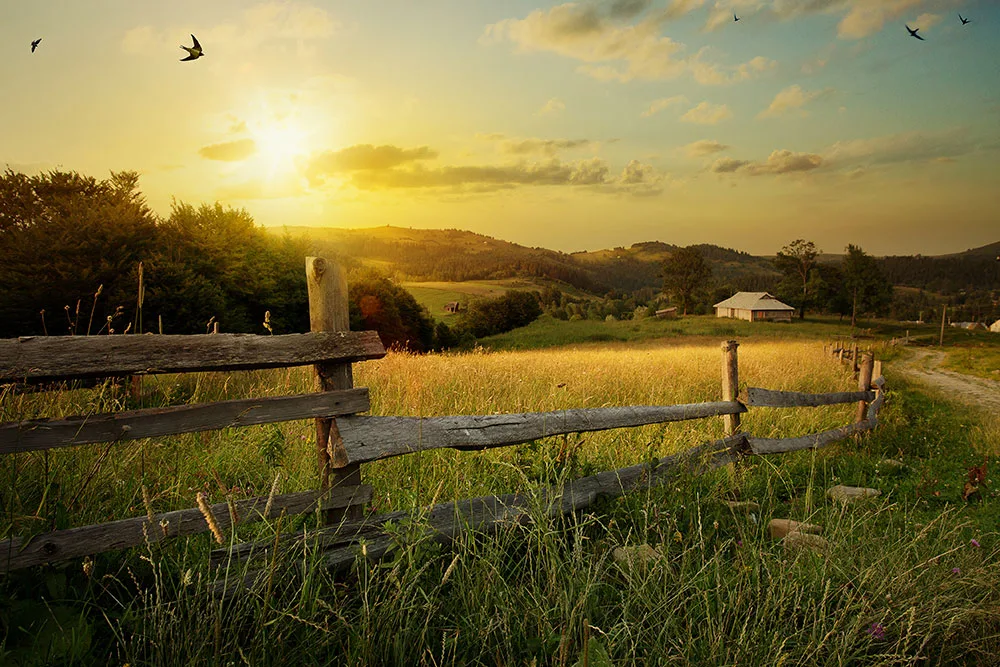
Shutterstock/Konstanttin
Could you do it with minimal resources? Sure. Could you do it with no money? Sure, if you aren’t going to buy land or any of the necessities you need for your family. If you were by yourself and didn’t need to consider anyone else, you could do it with no money.
I could go right now and live off the land, on federal land, becoming a nomad, moving around, becoming one with nature. It would be an adventure. It would be fun. It would be difficult. But it’s not realistic, nor is it responsible. I have a family and a job to consider.
Most people have responsibilities, jobs, family, and bills they must consider before making the move off grid.
The biggest and most important thing you need is a commitment to the lifestyle.
Are you committed?
***
This list is not all-inclusive, nor is it designed to be a comprehensive essay. It s simply a short list of things that everyone will need if they are seriously considering living off grid.
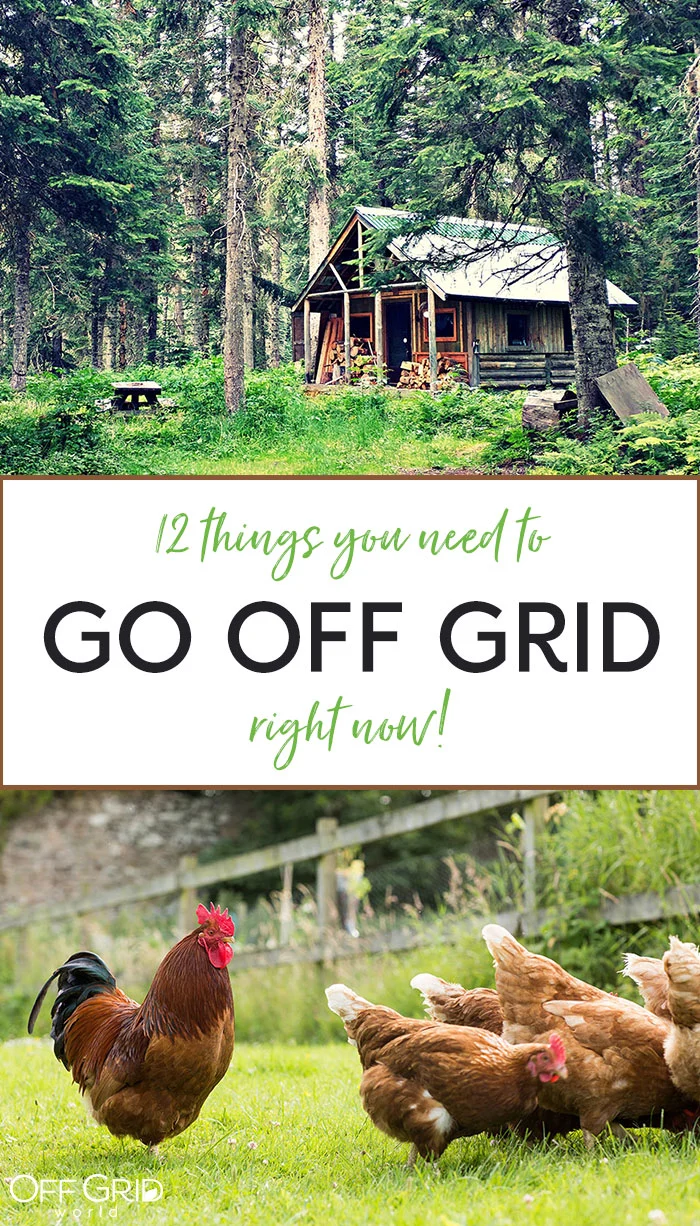

Bio Prepper | 12 Things You NEED To Go Off Grid NOW!
Sunday 15th of December 2013
[…] Source: offgridworld.com […]
12 Things You Need To Go Off The Grid Now - SHTF Preparedness
Saturday 2nd of November 2013
[…] 12 Things You Need To Go Off The Grid Now […]
12 Things You NEED To Go Off Grid NOW! | Contra
Tuesday 1st of October 2013
[…] 12 Things You NEED To Go Off Grid NOW!. […]
12 Things You Need to Go Off Grid Now! - Preparing For SHTF
Tuesday 24th of September 2013
[…] 12 Things You Need to Go Off Grid Now! […]